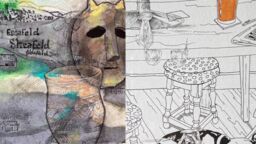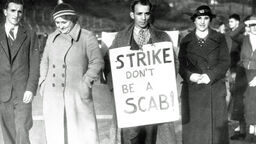Events
Here you'll find all the upcoming events for the School of History, Philosophy and Digital Humanities

Research seminars
The School of History, Philosophy and Digital Humanities has a vibrant schedule of research seminars that runs throughout the year.
School events
- Digital Humanities
- History and Archaeology
-
Research Seminars
The School hosts many workshops and conferences, hosted by its staff and students, on a wide range of topics. Here are some held in Sheffield or organised by Sheffield people elsewhere.
- Philosophy
Upcoming events
Workshops and conferences
The School hosts many workshops and conferences, hosted by its staff and students, on a wide range of topics. Here are some held in Sheffield or organised by Sheffield people elsewhere.
Annual lecture series
Annual 'Women in the History of Philosophy' lecture series
Annual 'Expanding the Canon' lecture series
Annual Philosophy of Disability and Difference lectures series






